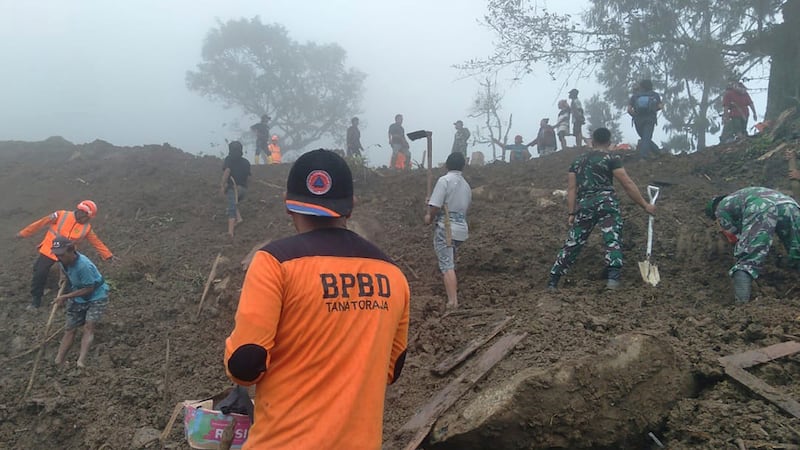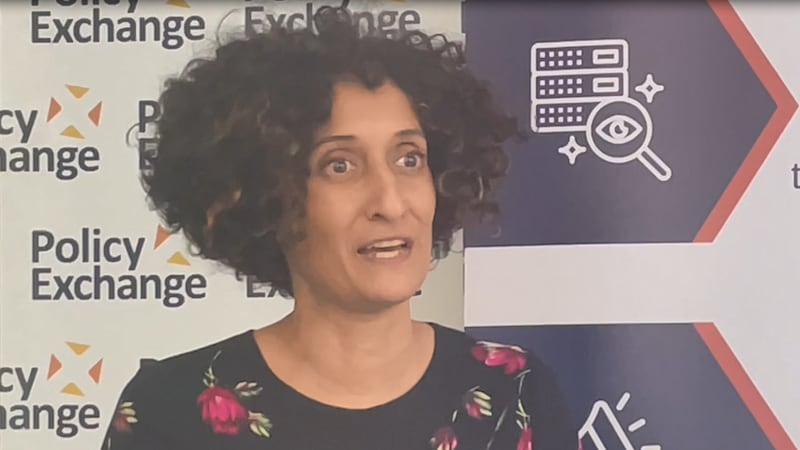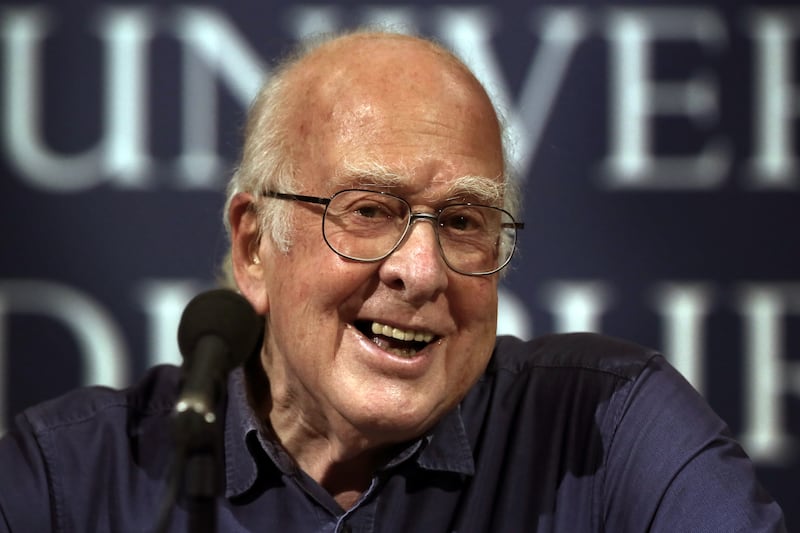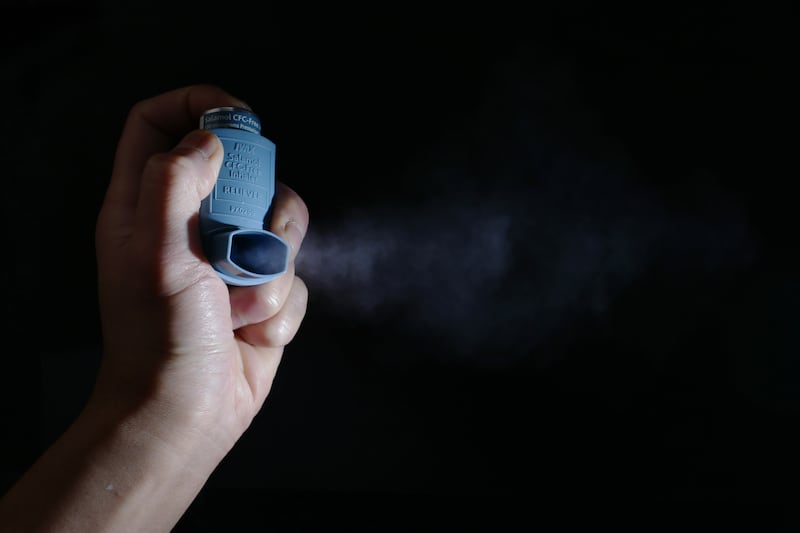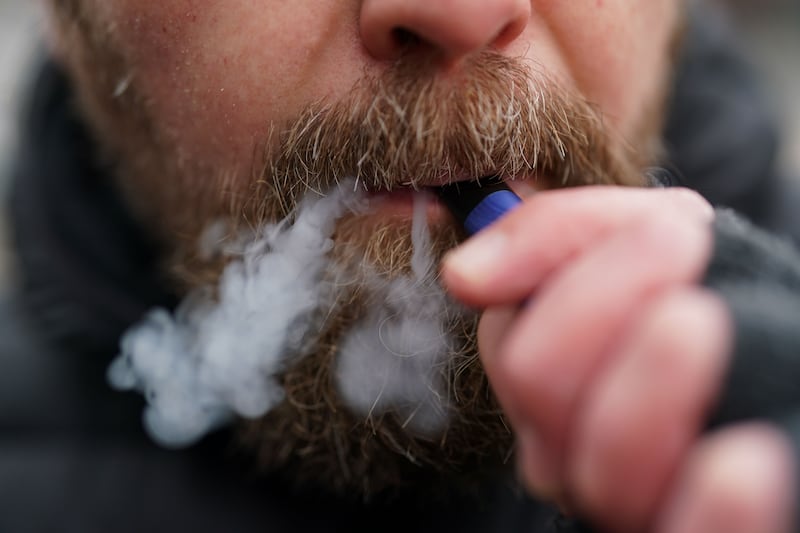Nearly half of patients with advanced skin cancer who were part of a global clinical trial are still alive more than six years after treatment using a combination of two powerful drugs.
Latest results from the Checkmate 067 trial led by pharmaceutical firm Bristol Myers Squibb at sites including the Royal Marsden NHS Foundation Trust in London have shown that when taken together, ipilimumab (Yervoy) and nivolumab (Opdivo) can increase overall survival rates by 49%.
Advanced melanoma was considered untreatable only a decade ago, as only one in 20 patients with the disease would survive for five years, with most living for just six to nine months.
Professor James Larkin, lead investigator in the trial and consultant medical oncologist at The Royal Marsden NHS Foundation Trust, said: “These latest results from this trial are very encouraging for patients with advanced melanoma, which was previously considered untreatable once it had spread.
“Nearly half of patients treated with this drug combination were alive at six-and-a-half years, and of these over three quarters were living treatment-free.
“Immunotherapies are changing our survival expectations for difficult to treat cancers.”
Ipilimumab and nivolumab work by helping the immune system find and destroy cancer cells as they spread.
Previous research has shown these immunotherapy drugs can stop or reverse the progression of melanoma – a form of skin cancer caused by uncontrolled growth of pigment-producing cells in the skin – which has spread to other parts of the body.
This treatment is recommended by National Institute for Health and Care Excellence (Nice) and is available in this combined way on the NHS, following assessments by doctors.
The Checkmate 067 trial involved 945 patients, who were followed up for six-and-a-half years.
Results also showed that when taken alone, nivolumab had an overall survival rate of 42% while for ipilimumab, it was 23%.
Of those still alive, 77% required no further treatment after receiving nivolumab plus ipilimumab, compared to 69% and 43% who received nivolumab alone and ipilimumab alone respectively, the researchers said.
Melanoma accounts for around 2,300 deaths in the UK every year.
Around 16,000 people were diagnosed with the disease in 2016, the most recent figures available.

